News
UVA Engineering's faculty and students work to improve human health and create a sustainable and secure future.
-
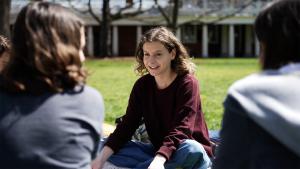
Connecting and Collaborating at UVA Engineering
-

Bringing AI Up to Speed — Autonomous Auto Racing Promises Safer Driverless Cars on the Road
Read NowMadhur Behl, associate professor of computer science and systems and information engineering and Cavalier Autonomous Racing team leader, writes about the history and rapid growth of AI racing.
-
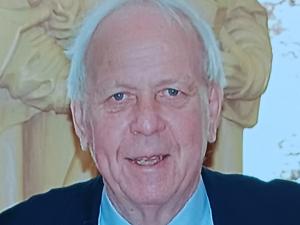
In Memoriam: Roger Alan Rydin
-
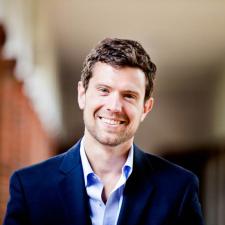
White House Recruits Engineering Professor
Read NowUVA civil and environmental engineering professor Andres Clarens will support implementation of major industry-related legislation as assistant director of the Office of Science Technology Policy.
-
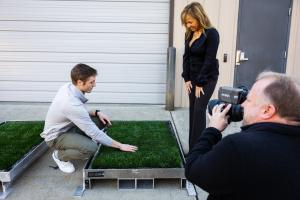
ESPN Wants to Know More About Turf
Read NowESPN favorite Stephania Bell, senior writer and injury analyst, visited UVA to learn about the turf research being done at the UVA Center for Applied Biomechanics.
-
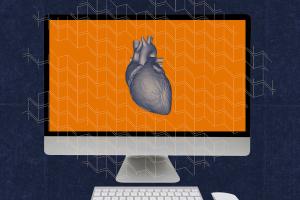
How Artificial Intelligence May Benefit Heart Patients
Read NowWith machine learning and human learning, scientists uncover the biological cause and effect of fibroblast behaviors after heart attack and advanced the development of new treatments.
-
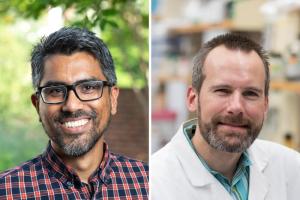
Blood Cancer Discovery Identifies High-Risk Patients, Could Improve Outcomes
-
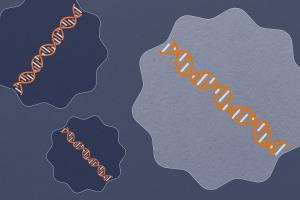
UVA Identifies Trigger for World’s Most Common Liver Disease
Read NowUniversity of Virginia School of Medicine researchers have discovered a key trigger for non-alcoholic fatty liver disease, a condition causing fat to build up in the liver for no clear reason.
-
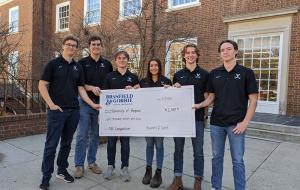
Team of UVA Engineering and Architecture Students Takes Second Place at Regional Construction Competition
Read NowUVA students get real-world experience on construction planning challenge.
-
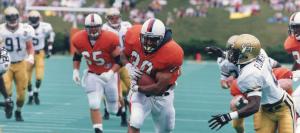
Hoo Knows About Football?
Read NowThese UVA alumni and faculty all have one thing in common: professional football.
-
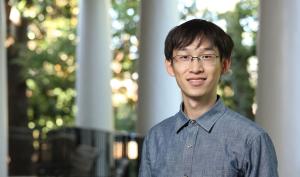
UVA Research Group Opens a Path Toward Quantum Computing in Real-world Conditions
Read NowScalable quantum computing platform drastically reduces the number of devices needed to achieve quantum speed.
-
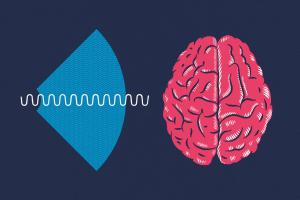
$3.1 Million Grant Backs Research for Ultrasound Brain Treatments
Read NowResearchers at the University of Virginia received $3.1 million to pioneer the use of focused soundwaves to improve treatment of a debilitating brain condition called cerebral cavernous malformations,